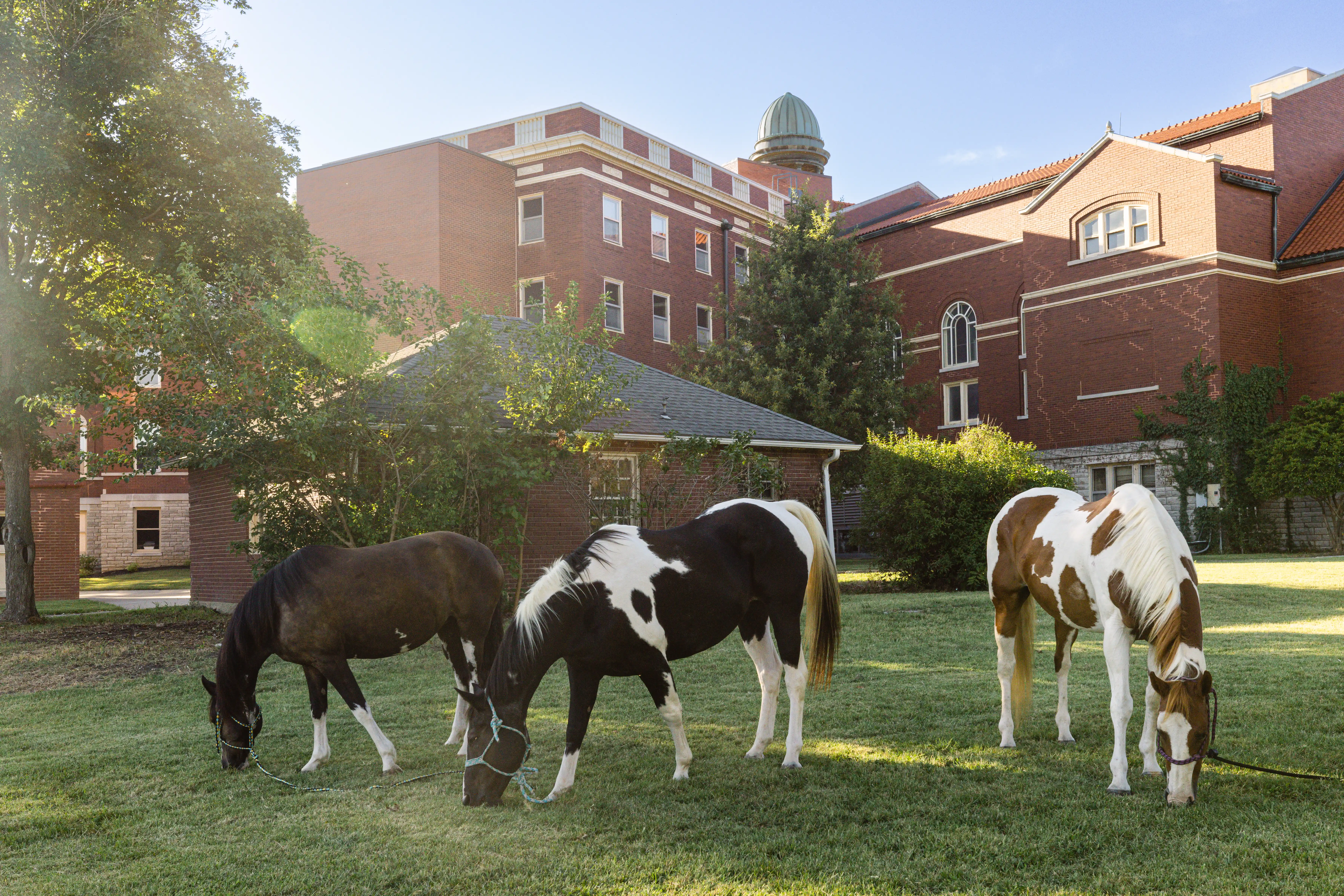ADDICTION TREATMENT CENTERS IN KANSAS
Blogs and Articles
You’ve taken the first steps, let us take you further. Arista Recovery is committed to ensuring that individuals and families impacted by substance use receive best in class care.

Latest Blogs and Articles
Thank you! Your submission has been received!
Oops! Something went wrong while submitting the form.
.webp)













